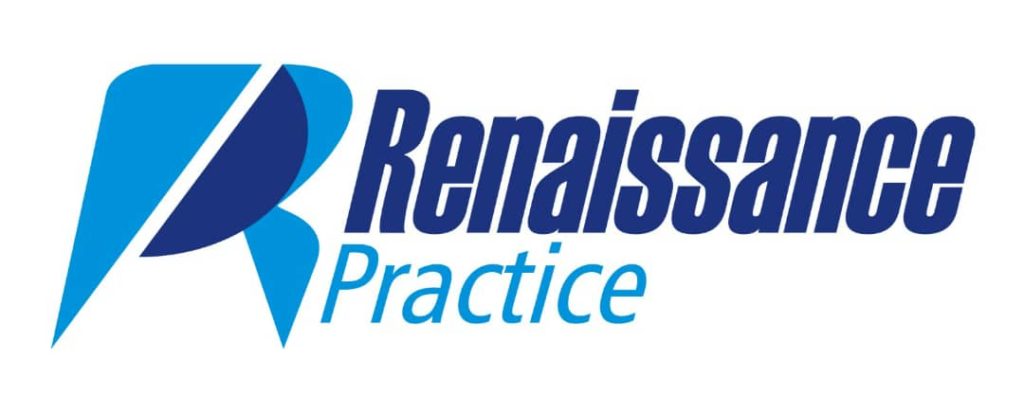

Since 2010, the Global Law Experts annual awards have been celebrating excellence, innovation and performance across the legal communities from around the world.
posted 3 years ago
Following several previous unsuccessful attempts to overhaul and reposition the petroleum industry in Nigeria, the executive arm has once more sponsored an updated version of the Petroleum Industry Bill 2020 for legislative deliberation and passage into law. The bill has scaled through 1st reading and is awaiting further action as it motions through the various legislative processes. Some of the salient features embodied in the bill are as follows:
Nigerian Hydrocarbon Tax
The PIB proposes a Nigerian Hydrocarbon Tax (NHT) to replace the current Petroleum Profits Tax. The proposed rate for the NHT is 50% for onshore and shallow water exploration and 25% for deep-water exploration.
Companies Income Tax
Under the PIB, companies involved in upstream activities (exploration and production) will be required to pay Companies Income Tax (CIT). Companies involved in both upstream and downstream (refining and distribution) operation will be required to compute CIT separately for each head of operations. The Bill also proposes several incentives for companies engaged in the downstream sector, as a means of encouraging investment in this sector.
Petroleum Host Community Fund
In a bid to address some of the grievances of host communities and promote responsiveness to their plight, the Bill proposes the establishment of a Petroleum Host Community Fund (PHCF). According to the Bill, the fund is conceived for the development of the economics and social infrastructure of the communities within the petroleum producing areas. Companies operating in both the offshore and onshore sectors will be required to make monthly contributions to the fund at the rate of 10% of their net profit.
Replacement of the Department of Petroleum Resources
The Bill proposes the replacement of the Department of Petroleum Resources with two new regulatory agencies to wit: the Upstream Petroleum Inspectorate (UPI) and the Downstream Petroleum Regulatory Agency (DPRA). The perceived rationale for this is to ensure efficient and focused supervision of the entire industry including companies engaged therein.
Commercialization of the NNPC
The Nigerian National Petroleum Company (NNPC) – Nigeria’s state owned oil company, will be restructured towards making it more commercialised as envisioned in the Bill. The Bill proposes that the petroleum minister shall within 6 months from commencement, incorporate a limited liability company called the Nigerian National Petroleum Company Limited under the Companies and Allied Matters Act. The newly incorporated private company is to assume all the assets and liabilities of the NNPC as presently constituted.
Conclusion
There is no doubt that the Nigerian Oil & Gas industry is overdue for far-reaching reforms. Not a few of the applicable laws are atavistic and out of tune with current realities of the industry. It is for this reason that the Bill is applaudable and represents a genuine attempt by government to reposition the industry for growth and efficiency. Sadly, many such previous attempts at reforms have been still-born and truncated. It is hoped that this present drive for reform will be successful and impactful.
Article written by Olayinka Alao – Managing Partner at Renaissance Practice. Olayinka can be reached via mail on: [email protected]
posted 8 hours ago
posted 11 hours ago
posted 11 hours ago
posted 12 hours ago
posted 12 hours ago
posted 12 hours ago
posted 12 hours ago
There are no results matching your search.
ResetSign up for the latest advisory briefings and news within Global Advisory Experts’ community, as well as a whole host of features, editorial and conference updates direct to your email inbox.
Naturally you can unsubscribe at any time.
Global Advisory Experts is dedicated to providing exceptional advisory services to clients around the world. With a vast network of highly skilled and experienced advisers, we are committed to delivering innovative and tailored solutions to meet the diverse needs of our clients in various jurisdictions.